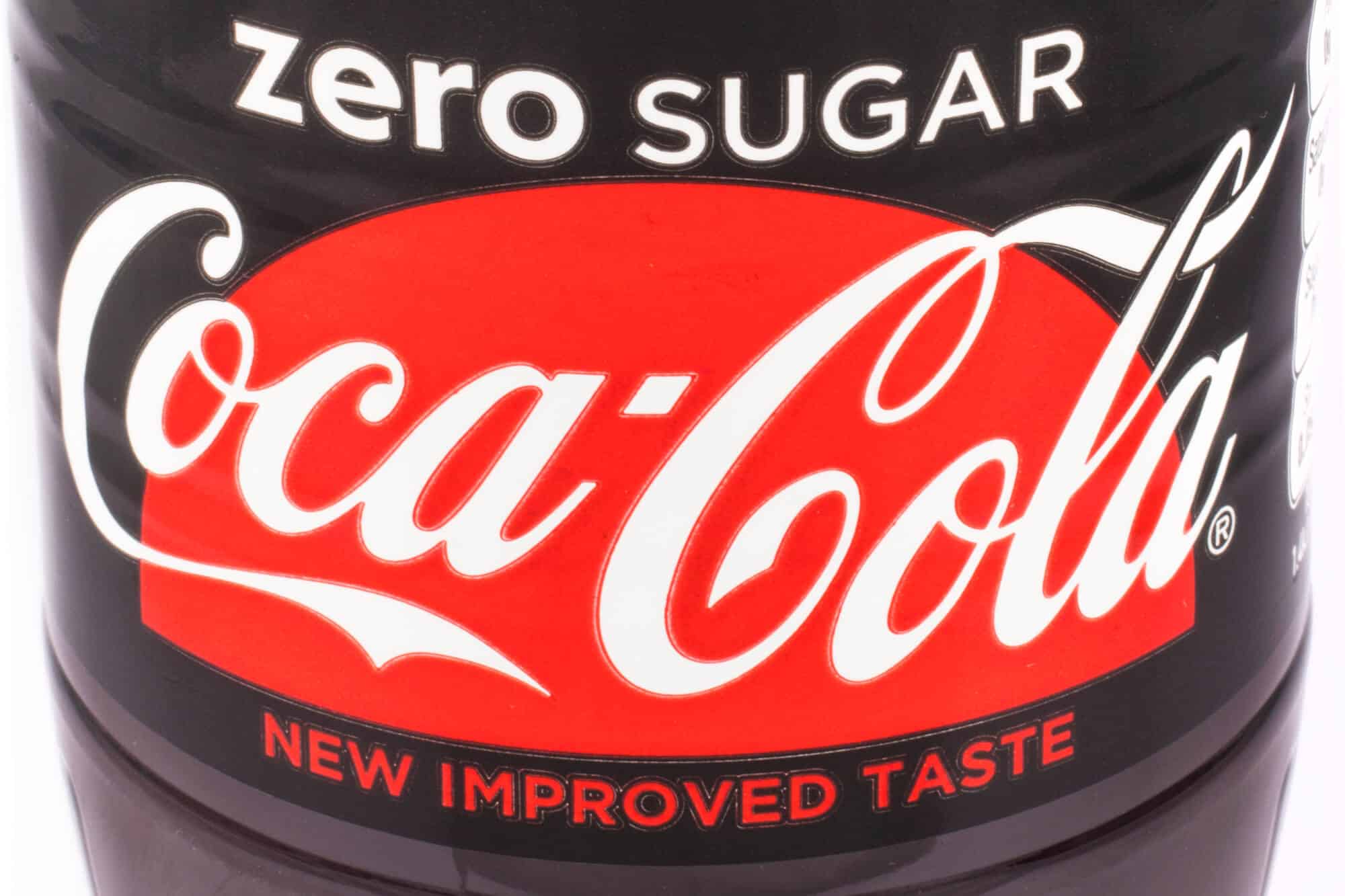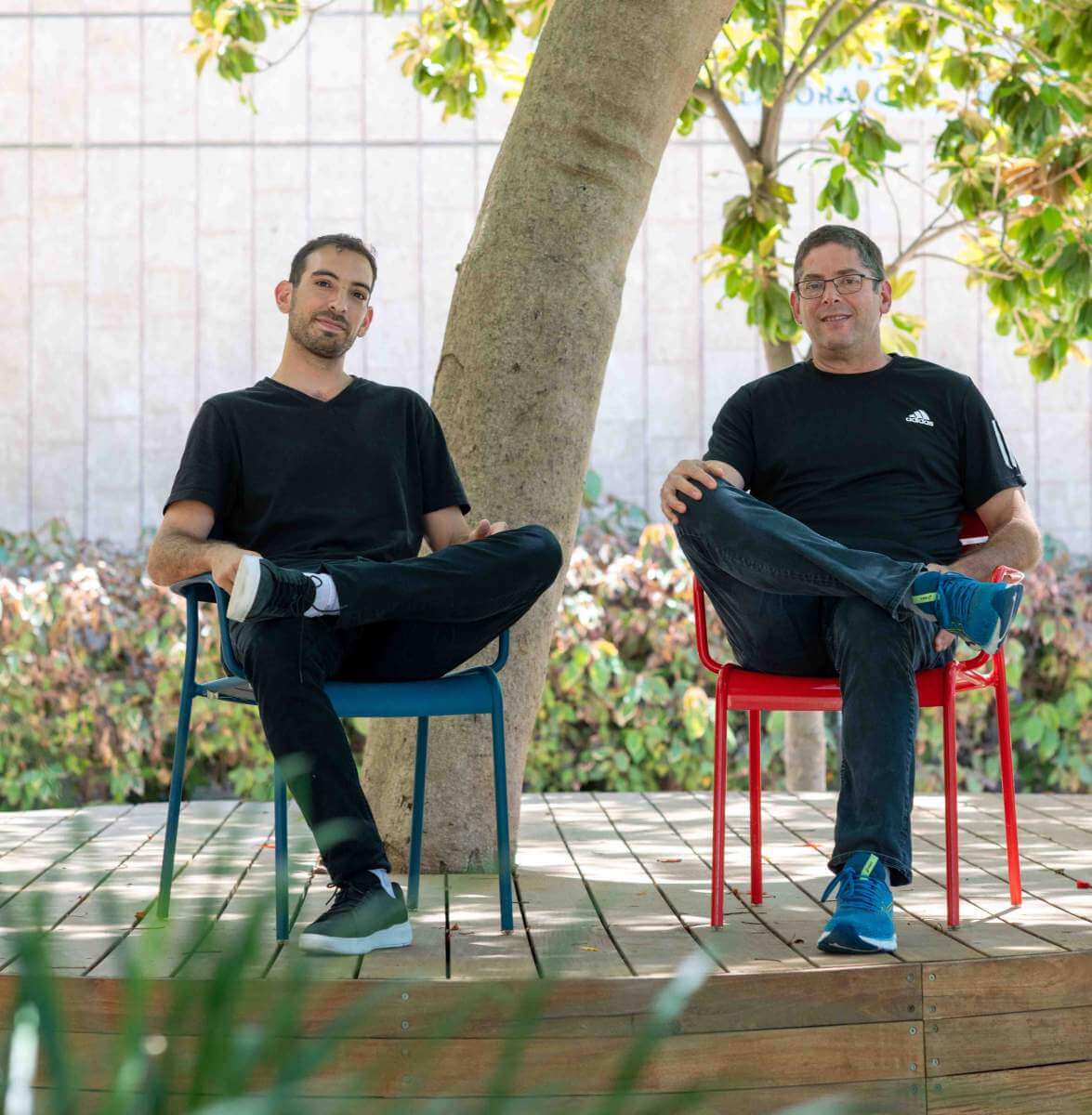Institute scientists have shown that calorie-free sweeteners affect the composition and activity of intestinal bacteria and may disrupt the body's metabolism; The degree of influence varies greatly from person to person
Sugar substitutes have no nutritional value, but they may certainly have a harmful effect on the human body - according to a new study by Weizmann Institute of Science scientists. The research findings published today in the scientific journal Cell It is suggested that prominent sugar substitutes may affect the intestinal bacteria (microbiome) and consequently the blood sugar levels in humans. The degree of this effect varies from person to person just as the composition of the microbiome is unique to each person.
In 2014, Institute scientists showed Because artificial sweeteners change the composition of the intestinal bacteria of mice and that instead of preventing the increase in blood sugar, as would be expected, the sweeteners cause the opposite result. Eight years later, the research team led by Prof. Eran Alinev from the department of systemic immunology at the institute, presents a similar picture in humans. To this end, the researchers surveyed 1,400 candidates and selected 120 volunteers from among them who testified that they do not consume sugar substitutes at all. The volunteers were divided into six groups - in four of them the participants were asked to consume one of four sugar substitutes - saccharin, sucralose, aspartame and stevia - for two weeks; The remaining two groups served as control groups. The experiment was carried out under the leadership of Dr Yotam Suez, a former research student of Prof. Elinev who currently heads a laboratory at the Johns Hopkins University School of Medicine, and Yotam Cohen, a research student in Prof. Elinev's group. The study was conducted in collaboration with Prof. Eran Segal from the departments of computer science and applied mathematics and molecular biology of the cell.

The scientists showed that all four sweeteners - each in its own way - caused a change in the composition of the intestinal bacteria and in the substances that the bacteria secrete into the bloodstream. Two of the sweeteners - saccharin and sucralose - caused a significant change in the volunteers' glucose tolerance, i.e. the body's ability to handle a sugar load. No changes were recorded in the control groups - neither in the composition and activity of the intestinal bacteria nor in glucose tolerance. The scientists also showed that there is a close correlation between the changes that occurred in the composition of the intestinal bacteria and the disruption of glucose tolerance. "Our findings strengthen the concept that the microbiome is a kind of 'control center' that synchronizes signals coming from the inside - from the body's own systems - and signals coming from the outside, from factors such as food, drugs, lifestyle and the environment in which we live," says Prof. Alinev.

To examine whether the changes in the intestinal bacteria were indeed responsible for the disruption in metabolism, the researchers implanted in groups of sterile mice, i.e. microbiome-free, intestinal bacteria samples taken from about 40 of the participants in the experiment. The samples were taken from participants from the different experimental groups, in which the greatest changes in glucose tolerance were found - as well as from participants in which the metabolic changes were the smallest. The results were clear: the mice developed a metabolic pattern similar to that observed in their human donor. In other words, the mice implanted with bacterial samples from participants who showed the greatest change in glucose tolerance themselves exhibited the greatest disruption in glucose tolerance, while mice implanted with samples from participants who showed little change in glucose tolerance or implanted with samples from the control group exhibited the smallest metabolic changes. .
"Sugar substitutes are calorie-free, but they are not without an effect on the human body. In the study we showed that sugar substitutes change the composition and activity of the intestinal bacteria and as a result may also damage the body's metabolism. These changes vary greatly from person to person, as each person has a different and unique composition of intestinal bacteria," says Prof. Alinev. "In order to gauge the long-term health effect of sugar substitutes, additional long-term experiments are required. It should be emphasized that one should not conclude from the findings that sugar consumption is better than sugar substitute consumption, and that the harm to human health from sugar consumption is backed by evidence from many studies."

Dr. Raphael Valdes Maas, Uriah Mor, Dr. Meli Dori-Bachsh, Dr. Sara Federici, Dr. Niv Zamora, Dr. Avner Leshem, Dr. Melina Heineman, Rakel Linevsky, Maya participated in the study. Tzur, Rotam Ben-Zev Barik, Orali Bukimer, Shimarit Eliyahu Miller, Alona Metz, Ruthi Fishbein, Olga Sharov and Dr. Hagit Shapira from Prof. Alinev's laboratory; Dr. Sergey Malitsky and Dr. Maxim Itkin from the Department of Life Science Research Infrastructures of the Institute; Dr. Noa Stettner and Prof. Alon Hermlin from the Department of Veterinary Resources of the Weizmann Institute of Science; and Dr. Christoph Stein-Thuringer from the Microbiome and Cancer Research Laboratory, German Cancer Research Institute (DKFZ).
More of the topic in Hayadan:
